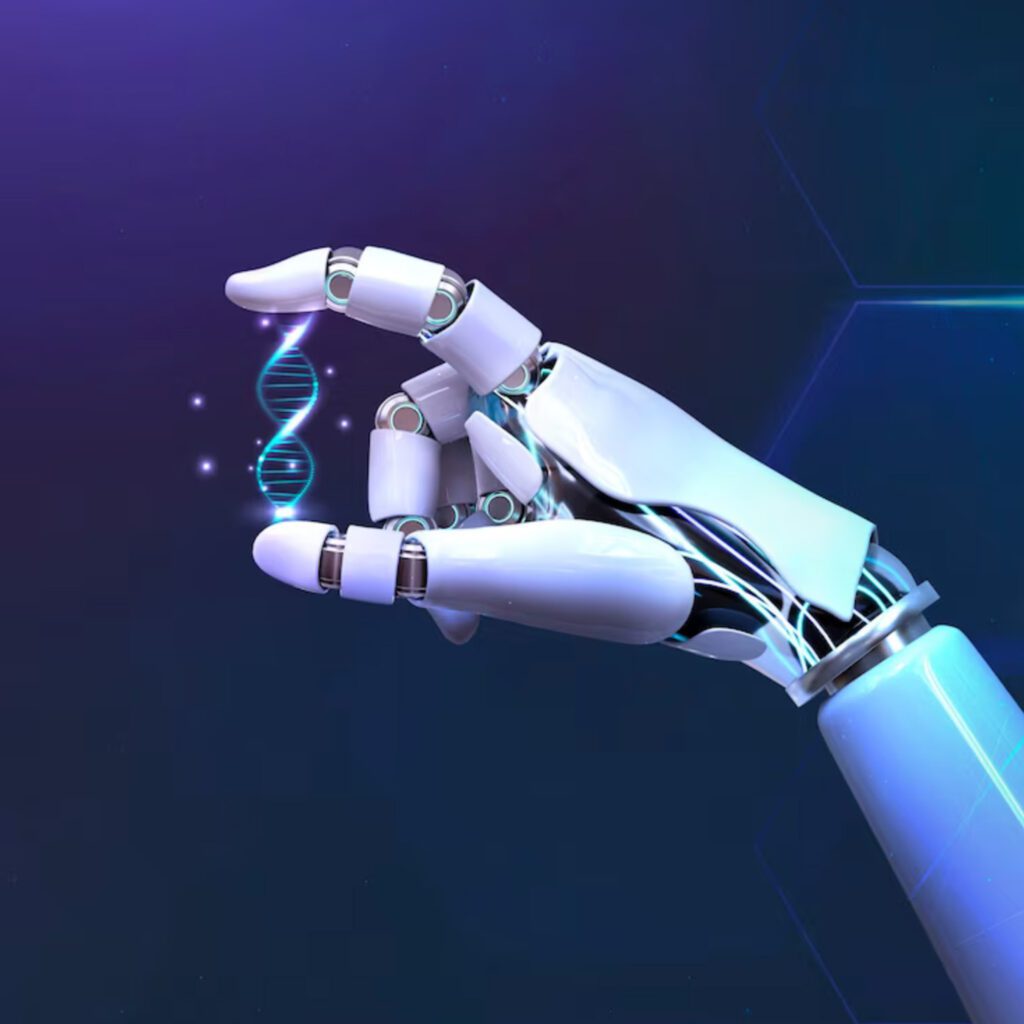In recent years, Artificial Intelligence (AI) has boomed in healthcare. AI is helping scientists obtain relevant data, accurately predict diseases at early stages, and help create innovative treatment options.
The latest episode of the I am BIO Podcast explores a few examples of AI accelerating biotech breakthroughs much faster and more efficiently.
Peptilogics is using AI to develop peptides to fight rare diseases, cancer, and other conditions, the company’s CTO Nick Nystrom calls un-druggable.
Describing them as “nature’s modulators of biology,” Nystrom explains peptides’ importance in an array of applications. One of the most exciting applications of AI is the development of new antimicrobials to address growing antimicrobial resistance (AMR).
Peptilogics used AI to build a platform named Nautilus, which not only goes after indications emerging in a disease, oncology, immunology, etc., but also “develop new antibiotics to address these AMR-resistant pathogens.”
When it comes to zeroing in on pathogens, Genetic Leap uses AI to find the optimal RNA position for a drug to target. AI can then predict the structure of that position and find a molecule to fit, says CEO Bertrand Adanve.
Genetic Leap is targeting MYC proteins – which contribute to many types of cancer – and developing other small-molecule drugs rapidly.
AI allows us to take advantage of genomic innovation
As BAKX Therapeutics CEO Sree Kant explains, while computers mapped the human genome before AI, we now have better tools to take advantage of it. Combining genetic data, increased computational power, and a “precompetitive” approach to sharing data can drive a “tsunami” of medical advances.
The power of data is something that Triplebar uses to enable rapid developments by gathering the data AI needs, says CEO Maria Cho.
“Because we are looking at the evolutionary design in the lab, we can actually then run evolution at hyper speed,” says Cho, whose company “creates libraries that probe entire genomes of information.”
“AI will be able to help us … really looking into, what is biology doing to design itself? And to design the solutions to the problems that it is facing,” Cho says. In addition, this process could “help us react to new diseases more quickly.”
“As we’re generating these data sets for these functional outputs in proteins, AI algorithms can then be applied … to help us create products faster, with less of the problems that we see in traditional drug design,” she adds.
The convergence of AI and biotechnology has emerged as one of the most exciting and transformative areas of science. New tools and technology are revolutionizing medicine and health care.
As Biotechnology Innovation Organization (BIO) CEO Rachel King concludes, “it’s exciting to think about what we can achieve through the convergence of biotechnology and AI. Human ingenuity has taken us far, and AI and machine learning will take us even farther, faster.”




